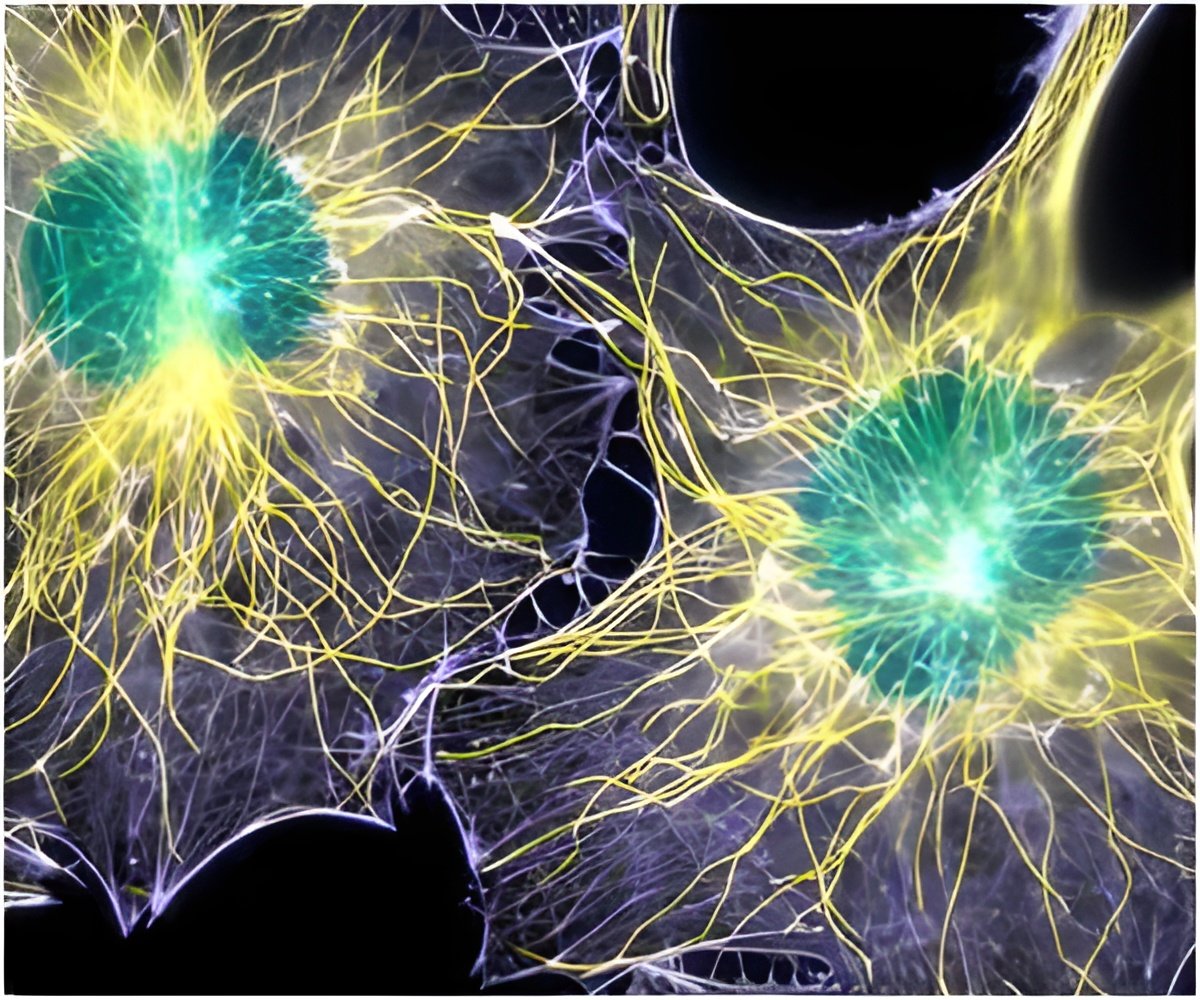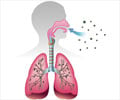
Yeast infections are the fourth most common cause of infection acquired by people in hospitals, although in healthy people they are most usually associated with vaginal or oral yeast infections known as thrush.
In extreme cases in vulnerable patients, such yeasts can circulate in the bloodstream and spread throughout the body, causing systemic candidiasis.
This is life threatening in around half of patients when the infection spreads in this way.
Now, the researchers have identified the key features in this process and plan to create and test prototype drug-like molecules that interfere with the yeast and prevent the infection from taking hold.
There are already treatments that are effective at suppressing yeast infections and eliminating them from medical equipment, but microorganisms are constantly evolving to outsmart existing drugs and many strains of yeast have already become completely resistant to anti-fungal treatments.
Advertisement
"Most healthy women will have thrush or other mild yeast infection at some point in their lives, but what is less well known is that yeasts can be lethal, and a major health concern for vulnerable hospital patients," said Dr Paula Salgado from the Department of Life Sciences at Imperial College London, one of the main investigators who carried out the research.
Advertisement
The study was published in Proceedings of the National Academy of Sciences.
Source-ANI










